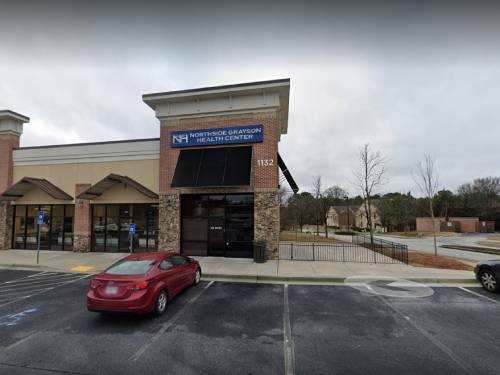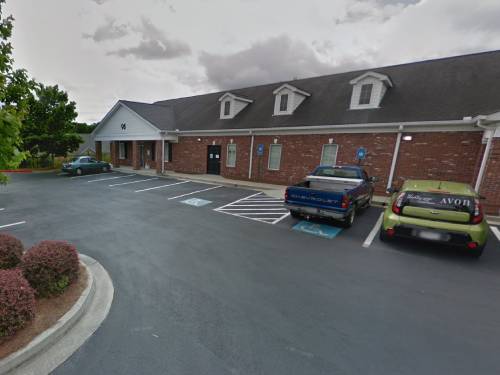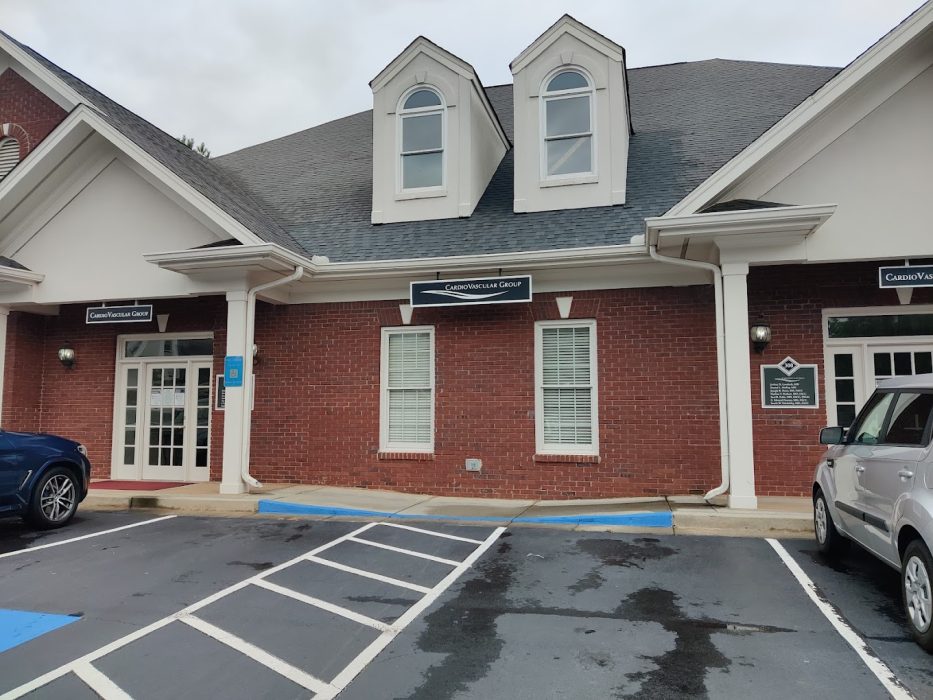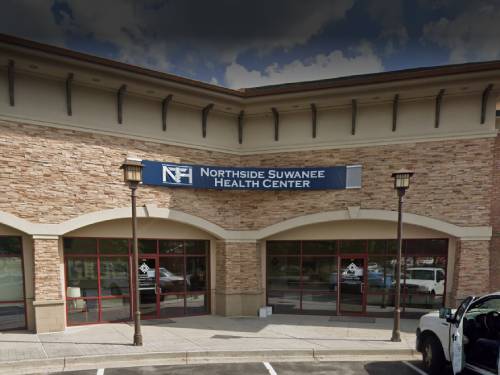Aorta Disease
Lorem ipsum dolor sit amet, consectetur adipiscing elit.

Causes And Treatment For Aorta Disease
Types Of Aorta Disease
There are many different diseases that can affect the aorta. An aortic aneurysm (either thoracic aortic aneurysm or abdominal aortic aneurysm) is when the aorta expands and can potentially cause the aneurysm to rupture. An aortic dissection occurs when the middle layer of the aortic wall splits and creates a “false” channel for blood flow, weakening the aortic wall and making it more prone to rupture.
Aortic infections can develop when an infected mass known as a septic embolism is found in the heart. This embolism can be made of a number of different materials including blood clots, cholesterol and fat. An aortic intramural hematoma is a condition where blood leaks through the innermost layer of the aortic wall and flows between the inner and outer walls. Bicuspid aortic disease occurs when a defect is present in the valve that opens and shuts to allow blood flow from the heart through the aorta, leading to less blood pumping through the body.
Risk Factors For Aorta Disease
Causes Of Aorta Disease
Testing For Aorta Disease
As there are many different aorta diseases, and the symptoms are similar to other heart conditions, your doctor will conduct a variety of tests to rule out other possible causes and determine which aorta disease you have developed. Your doctor will begin with a basic physical exam and ask questions about your symptoms and family history.
Your doctor will then order tests such as chest X–ray, echocardiogram, chest or abdominal CT scan, chest or abdominal MRI, or thoracic or abdominal aortic angiography. These tests will evaluate the valves and chambers of the heart to diagnose any issues. Usually, more than one test is required to provide a proper diagnosis of aortic disease.
Treatment For Aorta Disease
Treatment options for aorta disease will depend on which type you have been diagnosed with. Early detection of any aorta disease is greatly beneficial since aortic disease can typically be managed medically with frequent monitoring, medication and adjustments in lifestyle if detected early. Medications used to treat aorta disease include antihypertensives, drugs to lower blood pressure, or cardiac medications such as beta–blockers.
If medication is not enough to adequately treat your aorta disease, you may require surgery. Surgery to treat aorta disease can include minimally invasive procedures such as endovascular abdominal aneurysm repair (EVAR), which is where small incisions are made in the groin so that catheter tubes can be inserted into the aorta, along with a fabric-covered metal stent (endograft) that is fixed in place to relieve pressure on the artery and prevent rupture.
Another minimally invasive procedure is known as thoracic endovascular aortic repair (TEVAR), and in this procedure the surgeon will insert an endograft into the artery as a replacement for the diseased portion of the aorta. In more extreme cases, you may require open repair surgery to repair or replace the diseased segment of the aorta. In this procedure, the abdominal segment of the aorta is replaced with a prosthetic tube graft through an open incision.
Symptoms Of Aorta Disease
Just as with the causes of aorta disease, symptoms can vary based on which form of aorta disease you are experiencing. However, there are many symptoms that can occur in a variety of different aortic diseases, such as a sudden stabbing or radiating pain, fainting, difficulty breathing, weakness in one side of the body, clammy skin, nausea and vomiting, or even shock.
Aorta disease can also sometimes mirror the symptoms of a heart attack, so you may experience chest pain or jaw discomfort. Since the aorta is the largest artery and spans all the way from above the heart to below the navel, symptoms such as pain can occur at any point along the torso.
Complications Of Aortic Aneurysms
Prevention Of Aortic Aneurysms
You can reduce the risk of developing aortic aneurysms by maintaining a healthy lifestyle. This includes eating a healthy diet and maintaining a healthy weight, as well getting regular physical activity. It is also important to quit using tobacco products and keep your cholesterol and blood pressure levels in check.
Invasive therapies may also be used to treat an abnormal heart rhythm, such as electrical cardioversion which sends electrical impulses through your chest wall and allows normal heart rhythm to restart, or catheter ablation which disconnects the pathway of the abnormal rhythm. If your doctor determines that electrical devices are the best course of action, you may be given a permanent pacemaker, an implantable cardioverter-defibrillator (ICD), or biventricular (B-V) pacemakers and defibrillators.
Why Choose CVG?
Related Conditions:
- Causes And Treatment For Heart Arrhythmia
- Causes And Treatment Of Pulmonary Stenosis
- Expert Insights on Cardiac Catheterization
- Expert Insights on Low Blood Pressure
- Exploring the Latest Advances in Atrial Fibrillation Treatment
- Dangerously high cholesterol?
- Get Your Blood Pressure Test Today!
- Understanding Electrical Cardioversion
- What Are ACE Inhibitors Used For?
- What foods are high in cholesterol?
- What Heart Flutters Can Mean
- What is Heart Failure & How to Treat it?
- What Is The Success Rate Of The Watchman Procedure?
Top Conditions:
- How long can someone live with an enlarged heart?
- Pros and Cons of the Watchman Device
- Risks and Complications of Cardiac Catheterization
- Side Effects Of The Watchman Device
- The Benefits of Cardiac Catheterization
- The Dangers Of High Blood Pressure
- The Dangers Of High Cholesterol
- The Watchman Implant Procedure
- Tips To Lower High Cholesterol
- Understanding Cardiac Catheterization
Call to Schedule an Appointment
Board-certified Doctors
CVG’s twenty board-certified heart doctors will guide you through your healthcare journey with the utmost compassion and individual attention. We aim to provide you with state-of-the-art cardiac care that includes the full spectrum of services, from testing to diagnosis and treatment. The doctor/patient relationship is built on trust. Through our combined efforts, we can conquer any challenge that comes our way.
Invasive therapies may also treat an abnormal heart rhythm, such as electrical cardioversion, which sends electrical impulses through your chest wall and allows normal heart rhythm to restart, or catheter ablation that disconnects the abnormal rhythm’s pathway. Suppose your doctor determines that electrical devices are the best course of action. In that case, you may be given a permanent pacemaker, an implantable cardioverter-defibrillator (ICD), or biventricular (B-V) pacemakers and defibrillators.
How CVG Can Help
CVG offers a variety of services that can check and treat abnormal heart rhythms. At CVG, we perform stress tests that will observe blood flow and test for atrial fibrillation and other arrhythmias. There are three types of stress tests that we perform:
- A treadmill test is a test in which you will walk on a treadmill that gets faster and steeper every 3 minutes. This will stress your heart so that our nurse or doctor can determine your EKG and blood pressure.
- An echo test is performed before and after your treadmill test to determine how well your heart pumps blood.
- A nuclear stress test is a treadmill test that is prefaced by an injection of medicine that shows the flow of blood to your heart.
- We also offer cardiac catheterization, in which a catheter is inserted into the heart in order to take pictures and conduct tests. This procedure allows doctors to gain more information about your condition and suggest treatment options.
If these tests determine a problem, we offer treatment solutions to fix several conditions. Learn more about our services here, or schedule an appointment to talk to our doctors.
Schedule Your Appointment with a CVG Atlanta Area Cardiologist
Expertise, experience, and compassion are the pillars of CVG’s patient-centered cardiac care. Please schedule your appointment with CVG today. Call (770) 962-0399 or 678-582-8586. You may also request an appointment online. If you have an emergency, don’t contact us online; please call 911.
Locations That Treat Aorta Disease












